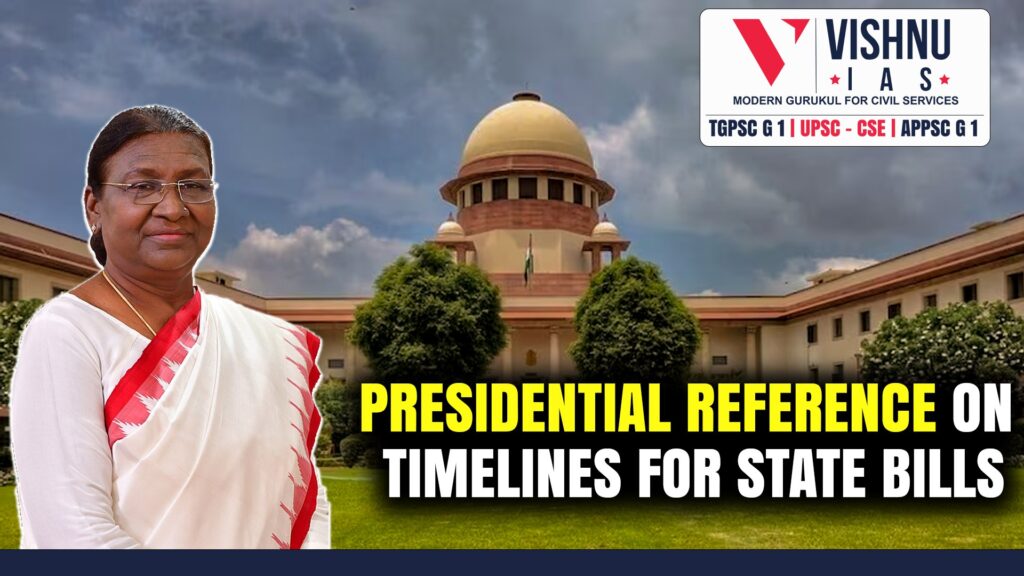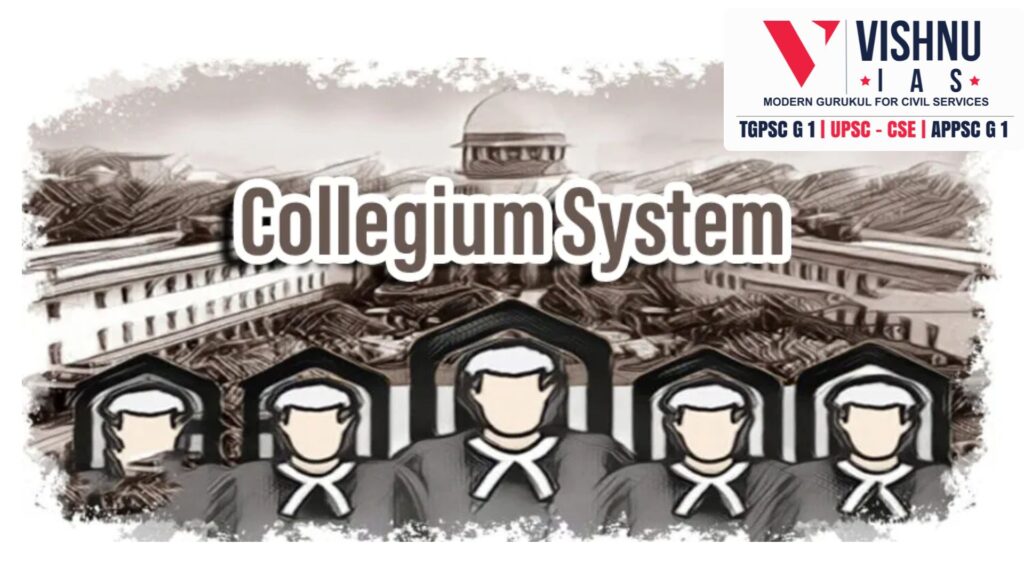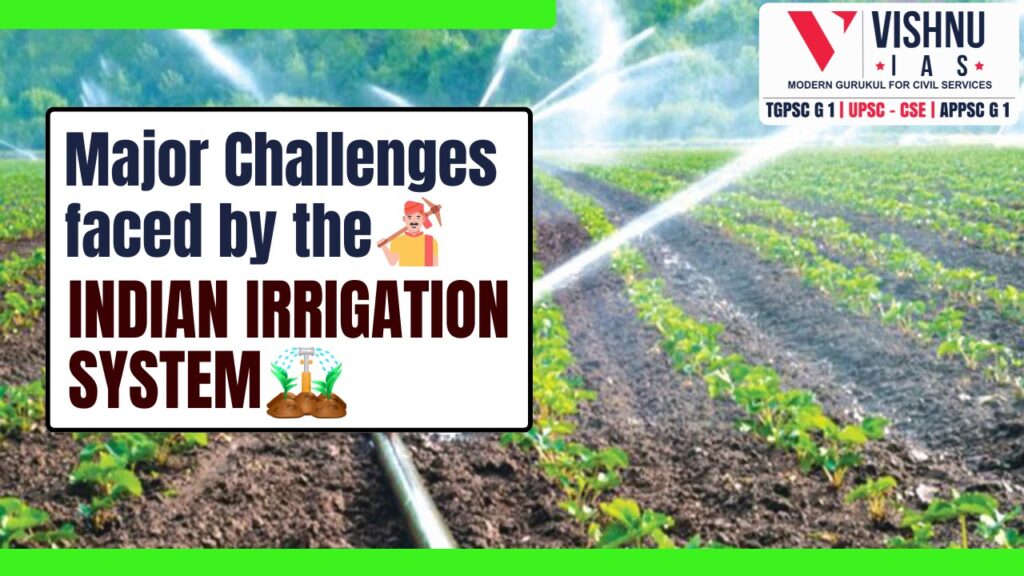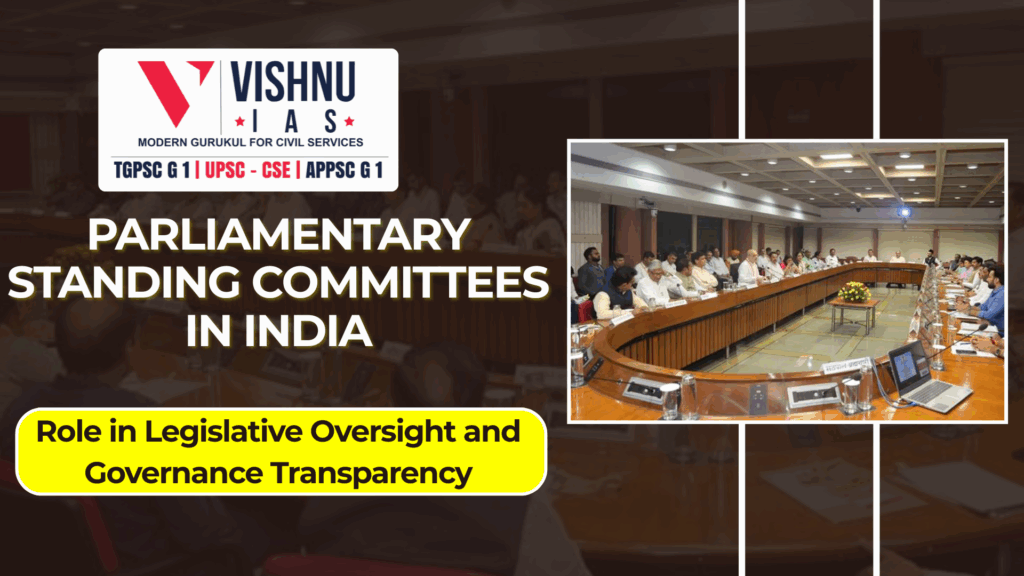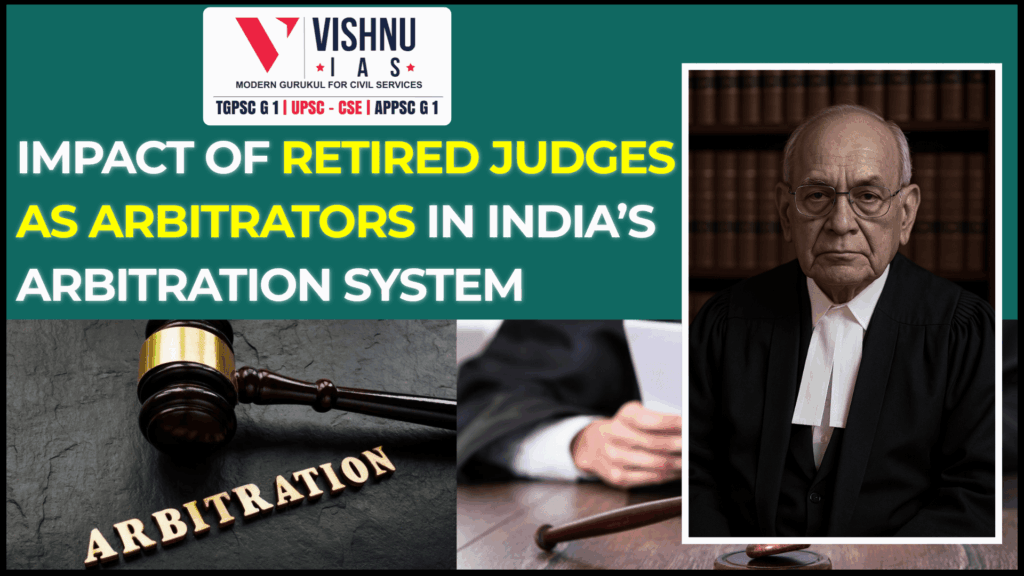Presidential Reference on Timelines for State Bills
Presidential Reference on Timelines for State Bills Introduction The recent Presidential Reference under Article 143 of the Indian Constitution has brought into focus a critical issue in constitutional law—the timelines for Governors and the President to assent to state legislature Bills. This follows the Supreme Court’s April 8, 2025, judgment, which mandated a three-month deadline […]
Presidential Reference on Timelines for State Bills Read More »

